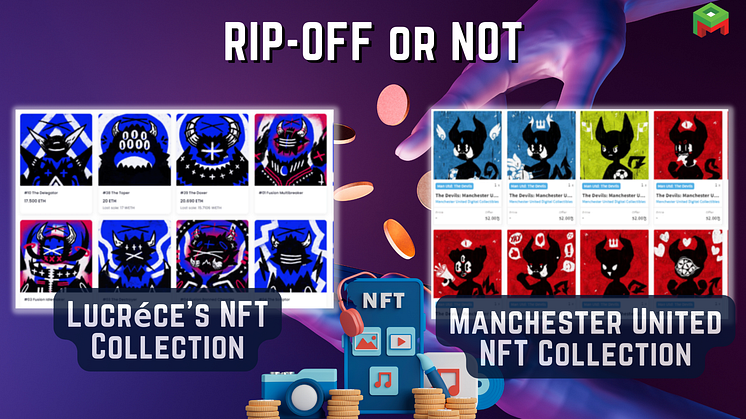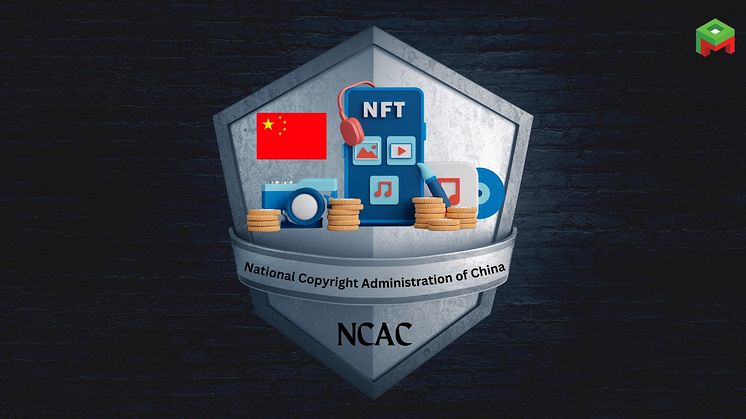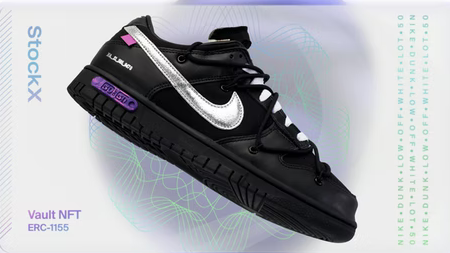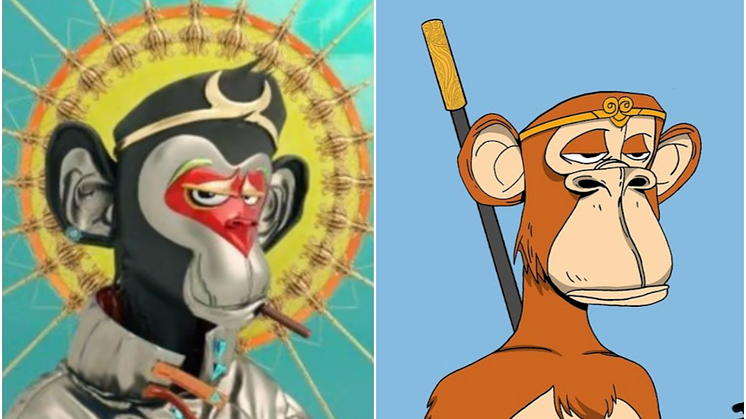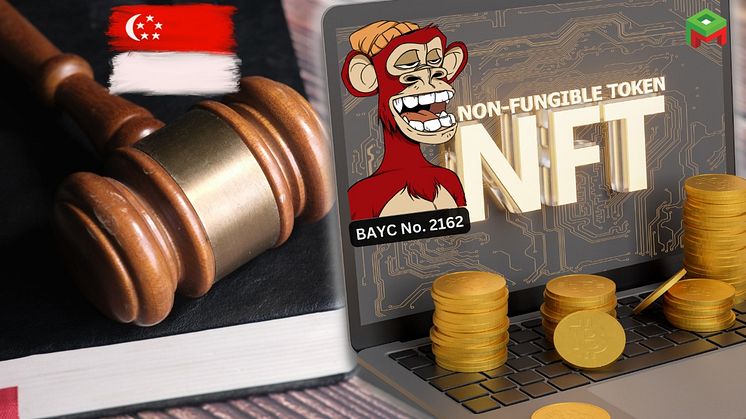
News -
NFTs are distinguishable, hence can be deemed property - Singapore High Court rules
A new decision from the Singapore court highlights the nature of non-fungible tokens (NFTs) and the applicability of existing laws to such relatively novel technologies.
The High Court of the Republic of Singapore has ultimately determined that NFTs may be considered property and thus "be the subject of a proprietary injunction”.
The order is in reference to an injunction from May involving the sale of a Bored Ape Yacht Club NFT owned by plaintiff Janesh Rajkumar.
NFTs are digital tokens that exist on blockchains, which are decentralized digital ledgers. They can be used to represent underlying assets, such as artwork, films, and music, which might be digital or real.
Mr. Rajkumar used the NFT BAYC #2162, which he bought in August 2021, as collateral to borrow cryptocurrencies on a community platform known as NFTfi from the defendant who goes by the name of chefpierre.eth.
Rajkumar later asked for some more time to repay the loan and began discussing new conditions.
However, chefpierre did not agree to new conditions, and he used the foreclosure option.
chefpierre subsequently listed the NFT for sale on OpenSea, prompting Rajkumar to seek an injunction barring him from “dealing with the Bored Ape NFT in any way” for the duration of the case.
In his October 21 decision, Judge Lee Seiu Kin agreed with Rajkumar, ordering chefpierre to refrain from selling the NFT on the OpenSea marketplace.
The judge determined that NFTs can be regarded as property since they met certain legal conditions, such as being easily distinguishable from one another and having owners who can be recognized as such by third parties.
While "cars, books, wine and luxury watches... are a few examples of highly sought-after items for collectors," the court added that "for digital nomads, especially those steeped in the world of blockchain and cryptocurrencies, NFTs have emerged as a highly sought-after collectors’ item."
Judge Lee compares certain NFTs to “the equivalent of a Rolex Daytona or an F.P. Journe to a horology enthusiast.”
However, he added that this wasn’t a permanent conclusion and said: “A different conclusion may well be reached with the benefit of fuller submissions.”
The judgement could be a defining moment for NFTs and gives confidence to investors and traders that their legal status as property is acknowledged.
But if we put aside the merits of the decision, PitchMark's legal advisor Frank Rittman thinks it is important not to read too much into this interim ruling. NFTs have been the subject of commercial transactions for quite some time now and the High Court’s decision simply confirms that reality. At its heart, the dispute between the parties concerns the enforceability of their voluntary agreement, i.e., it’s a contract case, and it remains ongoing. There’s no discussion or consideration in the dispute whatsoever regarding any aspect of underlying intellectual property rights comprised within the NFT; it simply concerns the ownership of the NFT itself.
PitchMark helps innovators deter idea theft, so that third-parties that they share their idea with get the idea but don’t take it. Visit PitchMark.net and register for free as a PitchMark member today.

